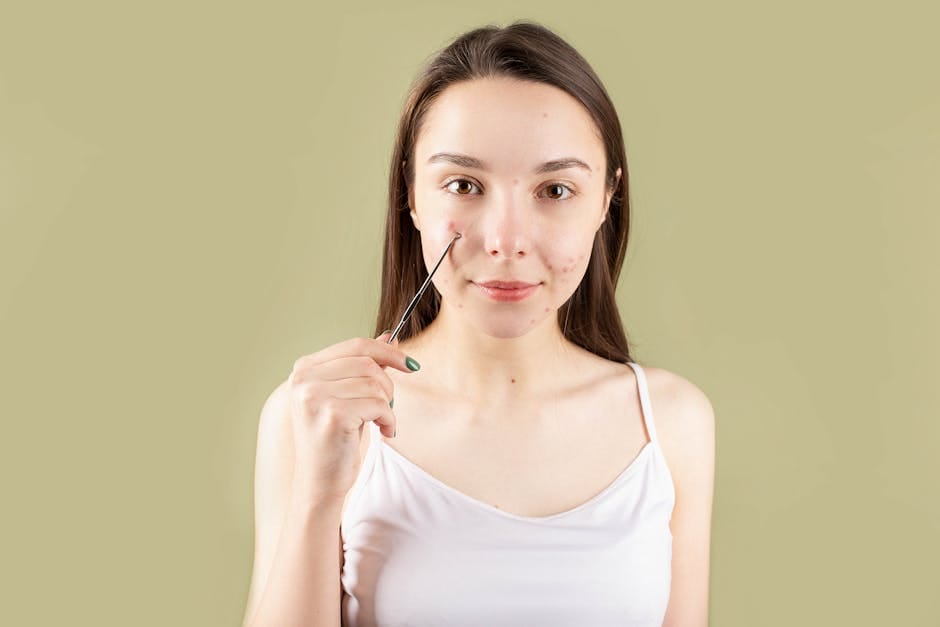Acne, a common skin condition, affects millions of people worldwide, regardless of age. Characterized by pimples, blackheads, and whiteheads, acne can range from mild to severe and can impact self-esteem and confidence. Fortunately, various treatments are available to help manage and clear acne, paving the way for healthier, clearer skin.
Understanding the root cause of acne is crucial for effective treatment. Acne develops when hair follicles become clogged with oil, dead skin cells, and bacteria. Hormonal changes, genetics, certain medications, and even diet can contribute to acne development. Identifying your triggers can help you tailor your treatment approach for optimal results.
Over-the-counter treatments are often the first line of defense against mild to moderate acne. These include cleansers, toners, and spot treatments containing ingredients like salicylic acid or benzoyl peroxide. Salicylic acid helps exfoliate the skin and unclog pores, while benzoyl peroxide kills acne-causing bacteria. These products are readily available and can be incorporated into your daily skincare routine.
For more persistent or severe acne, a dermatologist may recommend prescription-strength treatments. Topical retinoids, derived from vitamin A, are highly effective in preventing clogged pores and reducing inflammation. Oral antibiotics can help control bacterial growth, while oral contraceptives can regulate hormones that contribute to acne in some individuals.
In addition to medical treatments, lifestyle changes can play a significant role in managing acne. Maintaining a consistent skincare routine, including cleansing and moisturizing twice daily, is essential. Avoid touching your face excessively, as this can transfer bacteria and irritate the skin. Choose oil-free or non-comedogenic makeup and skincare products to prevent pore clogging.
Diet can also influence acne. While the link between diet and acne is still being researched, some studies suggest that high-glycemic foods, such as sugary drinks and processed foods, may exacerbate acne. Incorporating more fruits, vegetables, and whole grains into your diet can promote overall skin health.
Stress management is another important aspect of acne treatment. Stress can trigger hormonal fluctuations that worsen acne. Finding healthy ways to manage stress, such as exercise, yoga, or meditation, can benefit both your skin and overall well-being.
Remember, consistency is key when it comes to acne treatment. It may take several weeks or even months to see significant improvement. Be patient with the process and consult with a dermatologist if you have concerns about your acne or if over-the-counter treatments are not effective. With the right approach and guidance, you can achieve clearer, healthier skin and regain your confidence.

